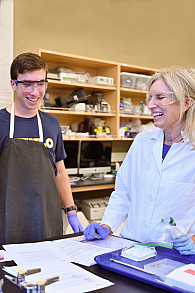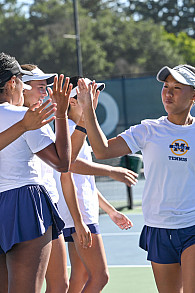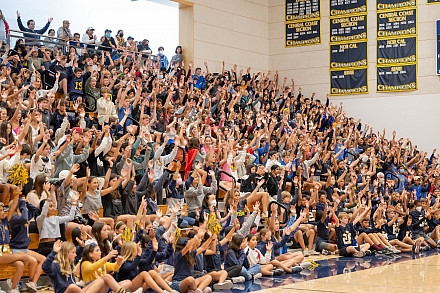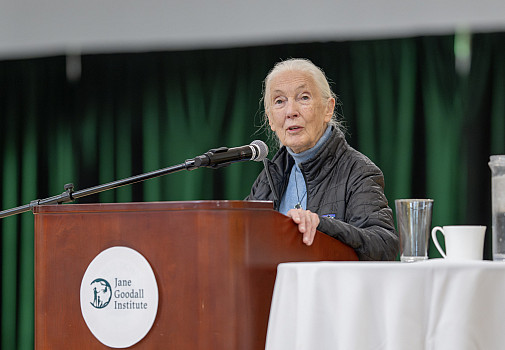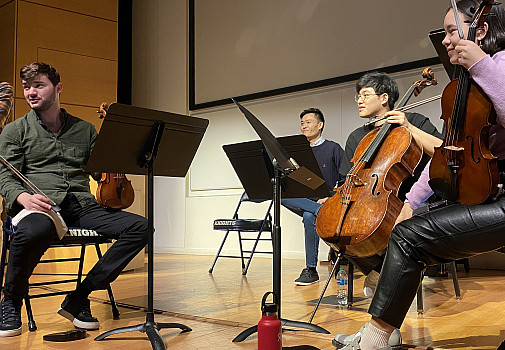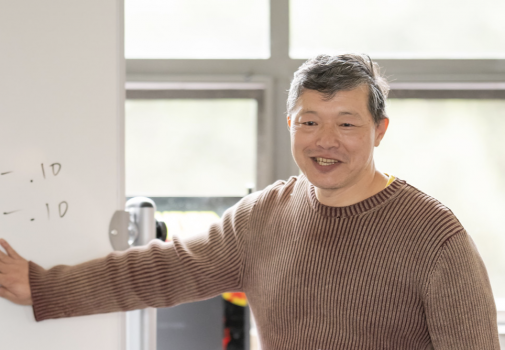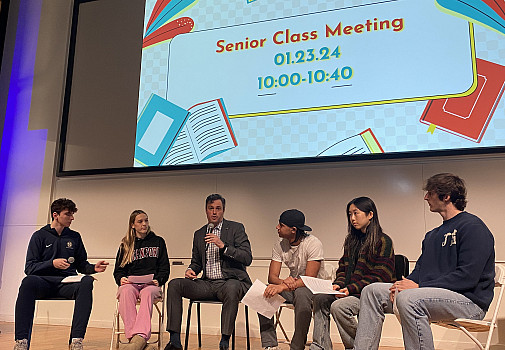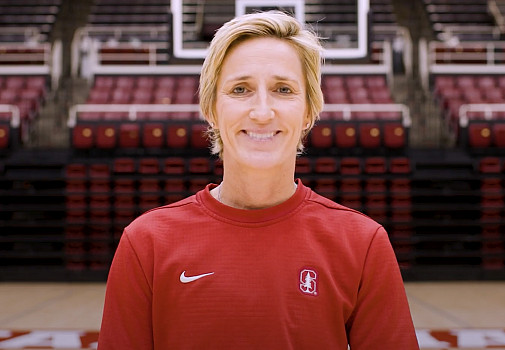- Arts
- Academics
-
Athletics
- Athletics Overview
-
Upper School Teams
- Baseball - Varsity
- Baseball - Junior Varsity
- Basketball - Boys Varsity
- Basketball - Boys Junior Varsity
- Basketball - Boys Freshman
- Basketball - Girls Varsity
- Basketball - Girls Junior Varsity
- Cross Country
- Flag Football - Girls
- Football - Varsity
- Football - Junior Varsity
- Golf - Girls Varsity
- Golf - Boys Varsity
- Golf - Boys Junior Varsity
- Lacrosse - Boys Varsity
- Lacrosse - Boys Junior Varsity
- Lacrosse - Girls Varsity
- Lacrosse - Girls Junior Varsity
- Soccer - Boys’ Varsity
- Soccer - Boys’ Junior Varsity
- Soccer - Girls Varsity
- Soccer - Girls Junior Varsity
- Swimming
- Tennis - Varsity Boys
- Tennis - Boys Junior Varsity
- Tennis - Girls Varsity
- Tennis - Girls Junior Varsity
- Track & Field
- Volleyball - Varsity
- Volleyball - Junior Varsity
- Volleyball - Freshman
- Water Polo - Boys Varsity
- Water Polo - Boys Junior Varsity
- Water Polo - Girls Varsity
- Water Polo - Girls Junior Varsity
-
Middle School Teams
- Baseball - Middle School
- Basketball - Boys Middle School
- Basketball - Girls Middle School
- Cross Country - Middle School
- Flag Football - Middle School
- Lacrosse - Boys Middle School
- Lacrosse - Girls Middle School
- Soccer - Boys Middle School
- Soccer - Girls Middle School
- Swimming - Middle School
- Tennis - Middle School
- Track - Middle School
- Volleyball - Middle School
- Athletics Philosophy & Values
- Athletics Resources
- Camps & Clinics
- Alumni Athletes
- New to Menlo Athletics?
- Student Life
- Support Menlo
- Admissions
- Calendar
- Resources
MENLO SCHOOL • SINCE 1915

Menlo News January 30, 2018
Julia Dressel ’13 questioned crime-predicting algorithms. Her study yielded surprising results
Wired, The Atlantic, and The New York Times were among many multiple news outlets to examine her work, which was published earlier this month.

Julia Dressel ’13 made waves with her undergraduate thesis for Dartmouth University, which suggested an algorithm consulted by some American courts to predict recidivism doesn’t do any better than using small groups of untrained people.
As Wired explained in its summary of the study, which Dressel conducted with Dartmouth computer science professor Hany Farid, and which was published in the journal Science Advances in mid-January, the results cast doubt on the accuracy of the risk-assessment algorithm Compas, made by a company called Equivant.
Where Compas uses 137 data points to assess each case, Dressel and Farid asked about 400 participants recruited online to consider just seven data points when evaluating about 50 real cases from a public database compiled by Pro Publica. Since the outcomes of those cases and whether the defendants actually did reoffend were known, Dressel and Farid were able to compare Compas against the untrained recruits, and they found little difference in accuracy between the two sets of evaluations.
Further study from Dressel and Farid suggested that, in its most simplified form, the best predictions of recidivism boil down to only two data points: age and the number of prior convictions. That is, as Farid was quoted by Wired, “Basically, if you’re young and have a lot of convictions, you’re high risk, and if you’re old and have few priors, you’re low risk.”
The Atlantic and The New York Times were among other media outlets to pick up the story in recent weeks.
Dressel majored in computer science and women’s, gender, and sexuality studies at Dartmouth. She is now a software engineer with Apple.
Are you a Menlo alum with news to share? Tell us through our Class Notes form!
 MENLO SCHOOL Since 1915
MENLO SCHOOL Since 1915
